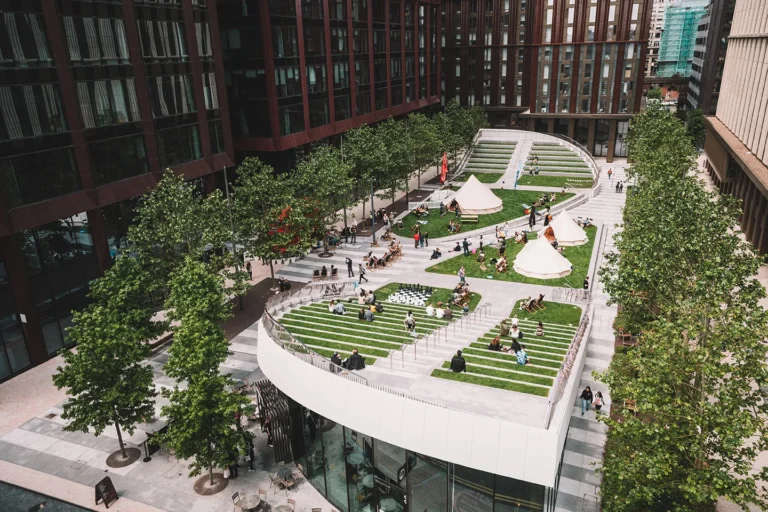The Northern Powerhouse, and especially Manchester, has had one busy 2016: Airport City has seen an £800 million investment, the Sir Henry Royce Institute for Advanced Materials managed to bag another £235 million and The Factory, the city’s new art hotspot adds another £110 million to the list.
On top of that, the city’s population is currently at 2.8 million with forecasts estimating it to surpass three million by 2035. Predictions for employment suggest a growth of 3.8% between 2015 and 2020 and 10,300 new homes are required every year until 2035, the Telegraph reported.
We could continue this list if we wanted to. Instead, our focus shifts slightly, to Manchester Place. This project is a partnership between Manchester City Council and the Government and aims to speed up the Mancunian revival even more.
The idea is to rejuvenate the city and build more houses at the same time.
“The place-making agenda is an important and recurrent theme for the city council,” says Paul Beardmore, the council’s director of housing. “The money that has flowed into the city through sport and football – the BBC’s move north, the success of the Commonwealth Games and everything that has come since at the Etihad Stadium – has a cascade effect down to housing.”
Between 2013 and 2016, almost half of all residential sales in Manchester were completed for less than £125,000. And the council is very conscious of London’s inflated prices and works hard to repeat the capital’s mistakes.
How the Northern Powerhouse is creating property investment hotspots
“We’re working around a concept that assumes a third of household income is being spent on your housing costs,” Beardmore says. “Any more than that and it’s not really affordable.”
But investors are catching on as well. LendInvest recently published a report which revealed that Manchester provides the most profitable rental returns in the UK for landlords. Over the last six years, rental yield in the Northern capital averaged at 6.8% whilst London only managed to get up to a median of 5.7%.
No longer simply an alternative to a slowing London market, Manchester stands alongside the capital as a key buy-to-let market,”
Jonathan Stephens of Surrenden Invest adds.










